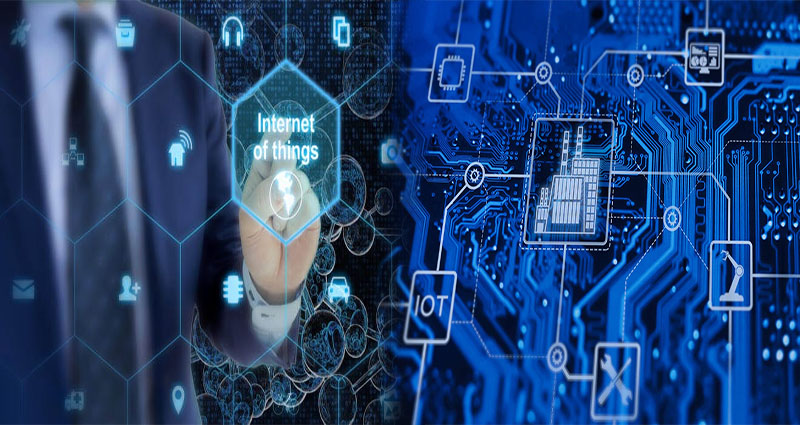The Internet of Things, commonly referred to as IoT, is a revolutionary concept that has been shaping the way we interact with technology and the world around us. In this article, we will uncover the definition of IoT and delve into its significance in our daily lives and various industries.
Understanding the Internet of Things
In simple terms, the Internet of Things (IoT) refers to a vast network of connected devices that are able to collect and exchange data with each other over the internet. These devices can range from smartphones, smart home devices, wearables, to industrial machines and sensors. By leveraging sensors, software, and network connectivity, IoT allows these devices to communicate, share information, and perform tasks autonomously.
At the core of IoT is the ability to gather and analyze data in real-time, enabling devices to make intelligent decisions and automate processes. This connectivity and data exchange between devices pave the way for a smarter, more efficient way of living and working.
Significance of Internet of Things
The significance of IoT extends across various sectors and industries, bringing about transformative changes and benefits. Here are some key aspects that highlight the importance of IoT:
Enhanced Connectivity and Communication
IoT enables seamless connectivity and communication between devices, creating a network of interconnected tools and systems. This interconnectedness allows for real-time data sharing and collaboration, leading to improved efficiency and productivity.
Automation and Efficiency
By automating manual tasks and processes, IoT enhances efficiency in both personal and professional settings. From smart home devices that adjust settings based on user preferences to industrial systems that optimize production processes, IoT streamlines operations and reduces human intervention.
Data-driven Insights
IoT generates a wealth of data that can be analyzed to extract valuable insights and patterns. By leveraging data analytics and machine learning algorithms, businesses and organizations can make informed decisions, predict trends, and optimize operations for better outcomes.
Improved Quality of Life
In the healthcare sector, IoT enables remote patient monitoring, personalized care, and early disease detection. In smart cities, IoT solutions enhance urban infrastructure, improve public services, and promote sustainability. These advancements contribute to a higher quality of life for individuals and communities.
Innovation and Growth
IoT fuels innovation by opening up new opportunities for developing cutting-edge technologies and solutions. From autonomous vehicles and smart agriculture to wearable health trackers and smart buildings, IoT continues to drive progress and create new avenues for growth and development.
The Internet of Things is not just a technological trend; it is a transformative force that is shaping the future of our interconnected world. By harnessing the power of IoT, we can drive efficiency, enhance connectivity, and unlock new possibilities across industries, ultimately leading to a smarter, more connected society.









